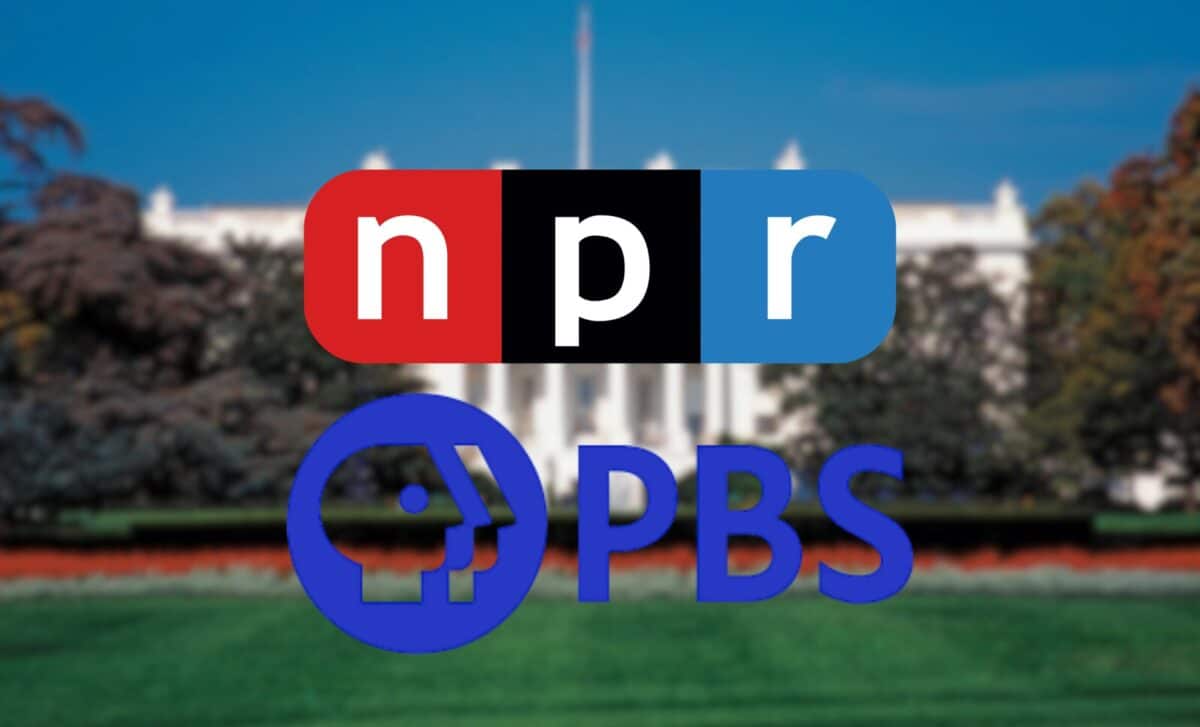On Thursday, President Donald Trump signed an executive order targeting federal funding for two prominent public broadcasters, National Public Radio (NPR) and Public Broadcasting Service (PBS).
The move, which seeks to halt both direct and indirect funding from the Corporation for Public Broadcasting (CPB), has been described as an attempt to address what the administration perceives as bias in their coverage.
The order is set against the backdrop of long-standing criticism from Trump and his allies, who have accused NPR and PBS of having a progressive bias in their reporting. This directive marks the latest chapter in a broader Republican effort to challenge what they see as a media landscape dominated by left-wing views.
The implications of this order could be far-reaching, potentially affecting the quality and availability of news services across the United States.
Executive Order Details
The executive order mandates the CPB to cease providing direct funds to NPR and PBS, as well as to discontinue indirect support via grants to local stations. The CPB, which plays a crucial role in distributing federal funds to public broadcasters, receives approximately $535 million annually from the government.
According to reports, only a small percentage of NPR’s budget comes from the government, about 1%, while PBS receives a larger share—roughly 15% of its total funding—from federal grants.
The order also instructs federal agencies to identify and eliminate any further financial support to NPR and PBS. This represents an unprecedented move by the Trump administration, which has previously sought to challenge other public institutions, including the Voice of America and Radio Free Europe, that it deems hostile to its policies.
The CPB, a private nonprofit organization established by Congress in 1967, has been pivotal in supporting public broadcasting in the United States. However, the executive order could prompt a legal challenge, as the CPB’s budget has already been approved by Congress until 2027.
Industry Response
In response to the executive order, both NPR and PBS have expressed concerns over the impact such a decision would have on their operations. According to Paula Kerger, the CEO of PBS, the funding cuts would “disrupt the essential service PBS and local member stations provide to the American people.”
Both broadcasters argue that their editorial practices remain independent, with NPR further emphasizing that its editorial decisions are free from external influence, including political pressures.
The loss of federal funding could have significant consequences for public broadcasting. NPR, which operates in collaboration with over 900 member stations, relies on both government and private funding to sustain its operations.
Similarly, PBS’s local stations depend heavily on federal subsidies to maintain their programming, especially educational content and emergency news coverage. Both networks continue to serve millions of Americans across the country, particularly in rural and underserved areas.









